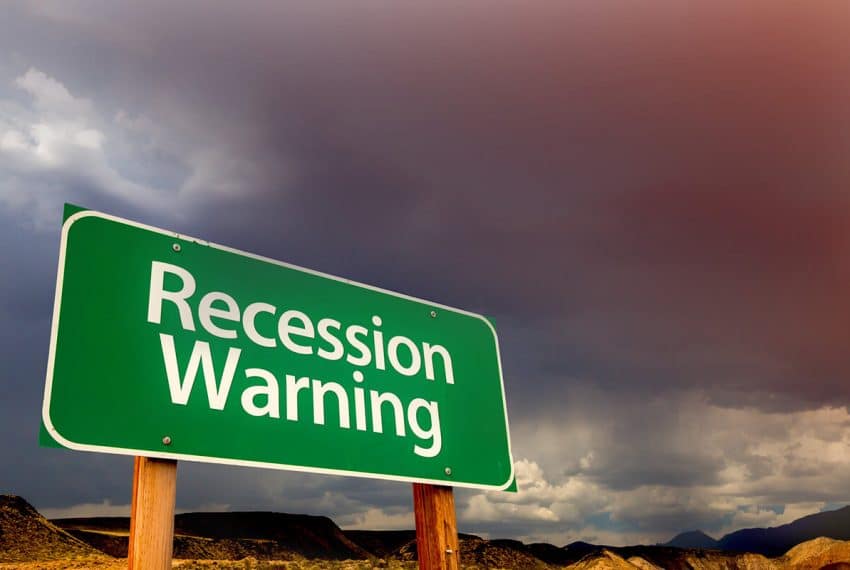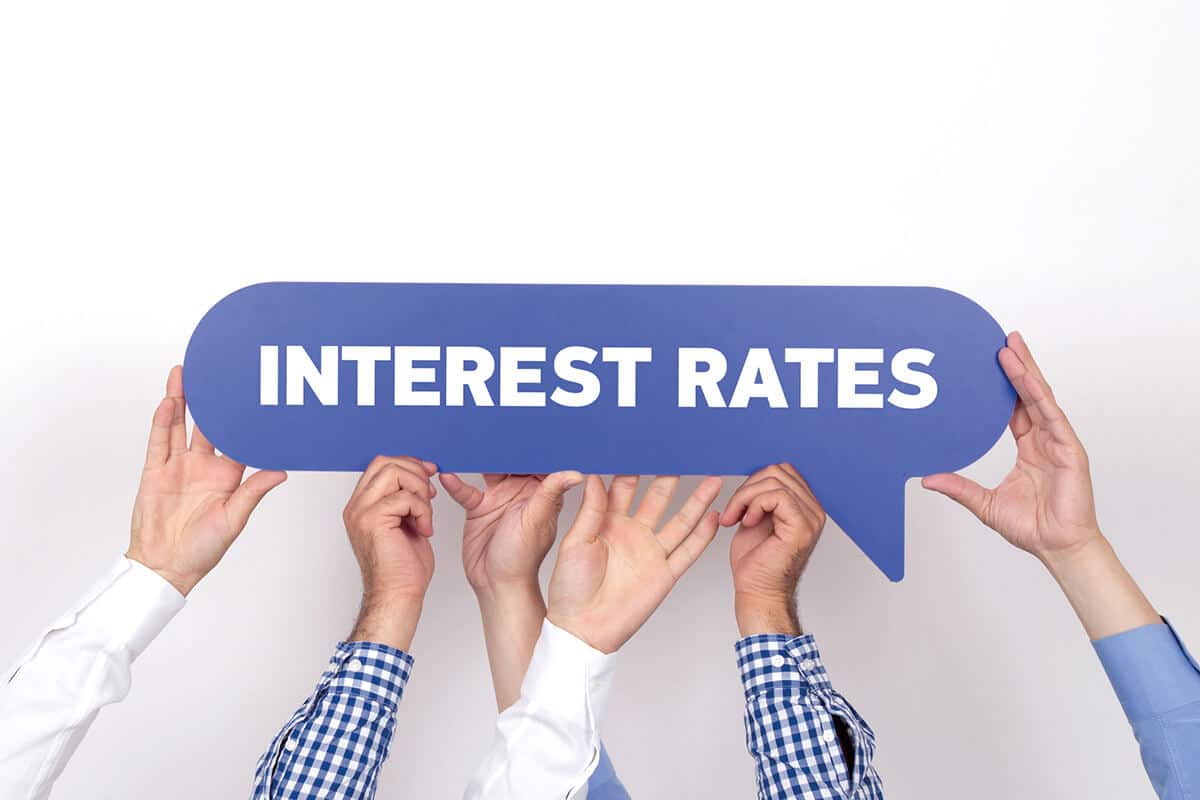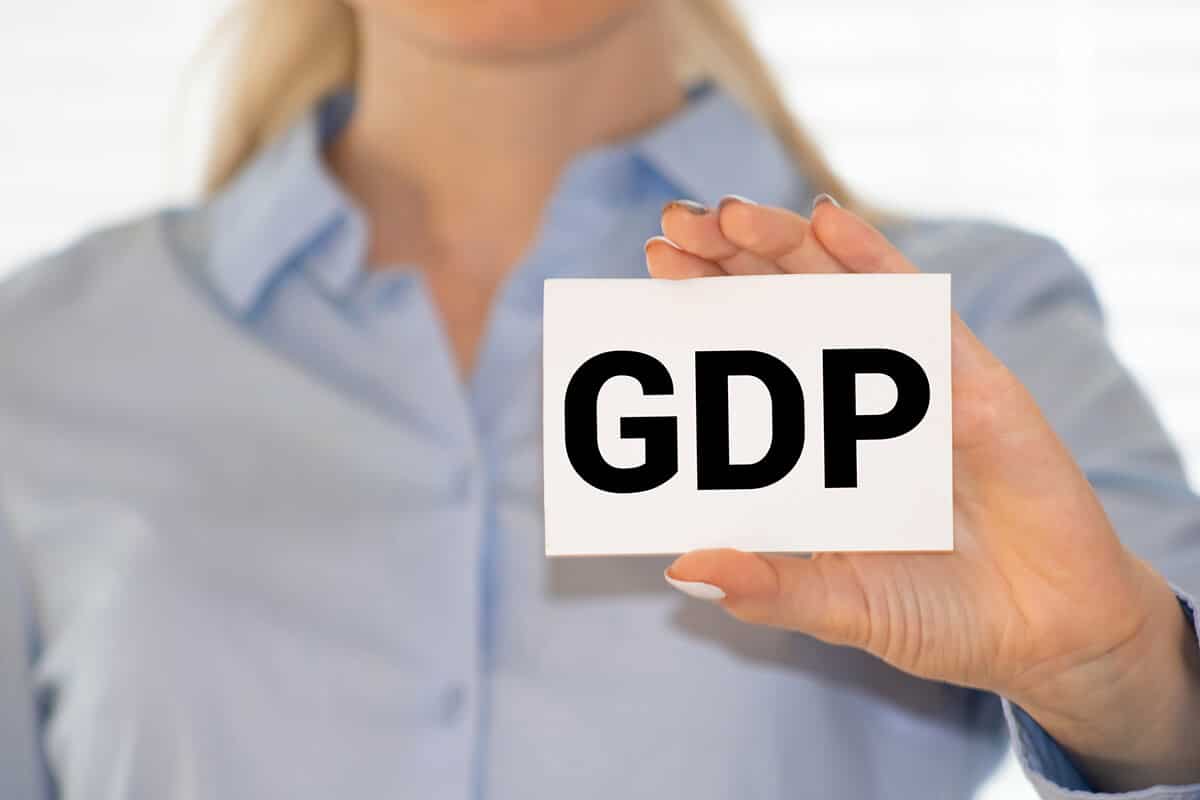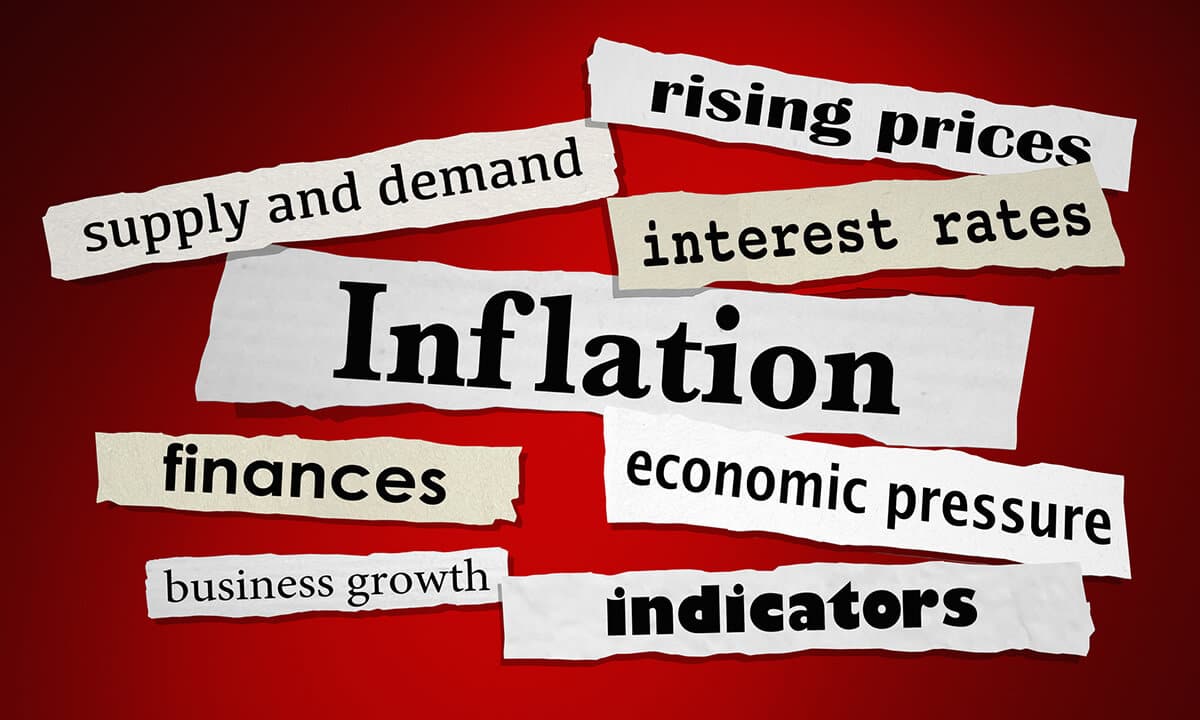
Take a quick glance at any news feed at the moment and recession appears as one of the watchwords. And not without reason as we fumble our way through rampant inflation and rising interest rates against the deep uncertainty of Putin’s next move in Ukraine. Property tends to be one of the most faithful mirrors of the economic downtown, so if the Spanish economy were to take a dive, what impact would a recession have on the housing market?
This article poses this question and to answer it, looks at the current performance of the Spanish economy, its projected growth for the rest of this year and Spain’s housing market.
Worldwide situation
Recent economic figures for many of the world’s richest countries haven’t looked good. In Q2, the US entered a ‘technical recession’ with negative growth of 0.9% and the German economy registered no growth at all.
As a result, the IMF revised its July forecast for global growth downwards yet again to 3.2%. Significantly, it called its report “Gloomy and more uncertain”.
Interest rates rising
Meanwhile, interest rates are creeping up in major economies after years at near zero. The European Central Bank raised its base rate by 0.5% in mid-July for the first time in 11 years. The latest rise came on the back of the Euribor benchmark for mortgage interest rates also moving recently into positive territory.
Rampant inflation
Since late last year, inflation has reared its ugly head and many economies are currently facing price hikes not seen since the 80s. July’s figure for the Eurozone (8.9%) was the highest ever. Furthermore, ten of the area’s countries registered double-digit inflation.
Situation in Spain
Spain has the world’s 14th largest GDP and as such, its economy is not immune to any of the current headwinds. As part of the Eurozone, interest rates have risen and it features as one of the countries with double-digit inflation, which in July stood at 10.8%, the highest for 38 years.
Projected GDP growth
However, the general economic scenario is slightly different to Spain’s neighbours. In its latest report, the IMF dropped its forecast for GDP growth in 2022 by 0.8%.
The resulting figure of 4% is, nonetheless, the highest among advanced economies. Compare it to the Eurozone with a predicted 2.6% growth, the US with 2.3% and Germany with 1.2%.
Employment figures
June posted some of the best figures on record for the Spanish job market, but in July, the tide turned. The number of people who lost their jobs was the highest for this month in two decades. Government analysts attributed the losses to “international uncertainty”.
However, despite a poor July performance, employment grew by 3.8% in the year, the equivalent of nearly 750,000 jobs.
Based on the latest figures and given the current rollercoaster situation, no one can rule out a recession in Spain, although it would seem unlikely at least this year. So, where does that leave the housing market?
The current housing market in Spain
As we noted in our latest report link to Q2 Market Report, the Spanish property market has been extremely busy over the last 12 months. Some analysts described its behaviour between January and July as moving in sixth gear and accelerating.
Sales boomed, prices rose and mortgage approvals skyrocketed on the back of solid demand. However, the temperature seems to have dropped a few degrees over the last few months. For example, while transactions in April this year were 12% higher than in 2021, they were 20% lower than those in March.
Three factors lie behind the drop in temperature: inflation, its control and consumer and market reaction to both.
Inflation
Rising prices, particularly for energy and food, have been eroding Spaniards’ purchasing power throughout this year. Analysts calculate that because of inflation, households have an additional monthly expense of €250, which translates to €3,000 a year.
This in turn affects affordability, particularly for families in the mid to low-income bracket. Households currently need to spend a third of their income on housing, but with inflation, this figure could rise to as high as 40%. Bottom line? Buying a home or upsizing will no longer be a priority.
Interest rates
For most governments, their prime concern at the moment is to contain inflation. As a result, central banks are putting up interest rates. In Spain, the Euribor has seen quick, sharp spikes and it climbed as high as 1.2% in July. August has (so far) been quieter, but most analysts predict rates will be between 1.5 and 1.9% by the end of this year.
The latest hikes are bad news for variable-rate mortgage holders who have seen their monthly repayments rise. Banks have also adjusted their fixed-rate offerings upwards, making it more expensive to take out a loan.
As a result of rising mortgage interest rates, Tinsa believes that households could “eventually postpone a property purchase”. In addition, the valuations company believes that loans could be more difficult to access as the perception of risk rises among lenders because of the uncertainty
The fear factor
Despite the objectiveness of facts and figures, economies are also emotional. Zigzagging share prices clearly illustrate euphoria and desperation – not for nothing do stock markets burgeon in times of certainty and plummet when things are not so sure.
Now is one such moment and as a result, households are unsure as to what’s on the immediate horizon. Families are worried about their own finances, maxed out by inflation, and consequently, think twice about spending money. Property developers react in much the same way.
This general psychosis means that households put off the decision to buy property and developers put the brakes on their investment.
Immediate effects on the housing market
Although the trio of factors mentioned above are connected, they’re also diverse. However, their combined effect will be to reduce general demand for property. This impact could, in turn, force the current upward trend in prices to make a U-turn. Yet here too are caveats since demand in Spain comes from different sources.
Domestic demand
Analysts appear to be unanimous in predicting a drop in demand for property among Spanish buyers. They were behind the surge in sales during 2021 and the first half of 2022 as many households upsized to larger homes or moved to quieter locations.
However, they are the hardest hit by inflation and higher mortgage repayments. Demand for property in this sector, therefore, looks certain to fall.
International demand
Purchases of Spanish real estate by foreigners have regained ground since the pandemic and now account for a market share similar to that registered pre-2019. Tourism is currently booming in Spain – this summer is expected to break records for visitor figures – and the sector is looking forward to a good rest of 2022.
Key locations in Spain such as the Costa del Sol and Mallorca remain hot spots on the radar for foreign buyers looking for a holiday home or permanent residence. This buoyant demand will last as long as international appetites remain keen and the buyers themselves don’t suffer the effects of a recession.
Investor demand
Then there are the investors, for whom property represents a safe haven in the face of inflation and uncertainty. Analysts believe that this sector will gradually gain ground within the market, particularly in the areas offering the best investment potential. These include Madrid, Barcelona, Malaga and Valencia.
And it isn’t just individual investors interested in Spain; institutions also have the country on their radar and are buying. In the first half of this year, investment in Spanish real estate totalled €9,870 million, the highest ever and 80% more than the same period in 2021. The residential sector received the second highest amount (after retail) with investment to the tune of €2,451 million, up 71% in the year.
Final thoughts
As we’ve seen, economic uncertainty in Spain exists and a slowdown in GDP growth appears to be a given. However, current figures show that Spain could be in for a less bumpy ride than other economies such as Germany and the US.
Demand for property looks almost certain to drop, but perhaps only among domestic buyers. However, they account for a sizeable proportion of the market and without them, supply could start to regain ground. Prices too could see corrections, although these may be slight given that values in most parts of Spain still sit below their historic highs, reached at the top of the last property cycle.
Research sources:
IMF July report https://www.imf.org/en/Publications/WEO/Issues/2022/07/26/world-economic-outlook-update-july-2022
Euribor predictions https://www.elperiodico.com/es/economia/20220805/analistas-estiman-euribor-situara-ano-14225064
General predictions https://www.businessinsider.es/va-pasar-vivienda-segunda-mitad-2022-1081669
Investment levels in real estate https://inmoinforma.com/inversion-inmobiliaria/inversion-inmobiliaria-en-espana-record-2022/









